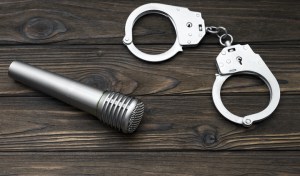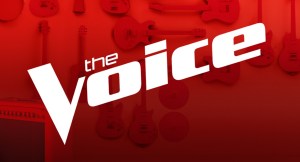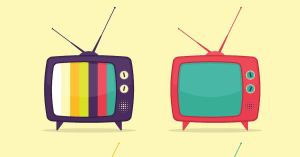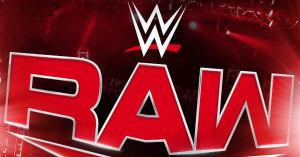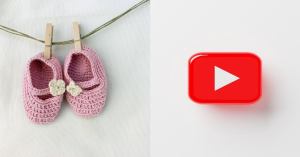Judd Apatow has been at the helm of many memorable films; however, his latest, The Bubble, looks like it may be memorable for all the wrong reasons. The Netflix movie was released on April 1 and since then has received negative reviews from critics. It currently sits at 23% on Rotten Tomatoes.
The film is a meta-comedy about a group of actors and actresses stuck inside a pandemic bubble at a hotel attempting to complete a studio franchise film and features an ensemble cast that includes Karen Gillan, Iris Apatow, Fred Armisen, Maria Bakalova, David Duchovny, Keegan-Michael Key, Leslie Mann, Kate McKinnon, and Pedro Pascal.
Videos by PopCulture.com
The project reportedly took inspiration from the real-life making of Jurassic World: Dominion, the sixth installment in the Jurassic franchise, whose cast was stuck in the United Kingdom for months during the pandemic lockdown, and production had to stop and restart several times due to positive COVID-19 tests. Find out why this concept didn’t pass muster with the critics below.
“A Sort of Good Bad Movie”
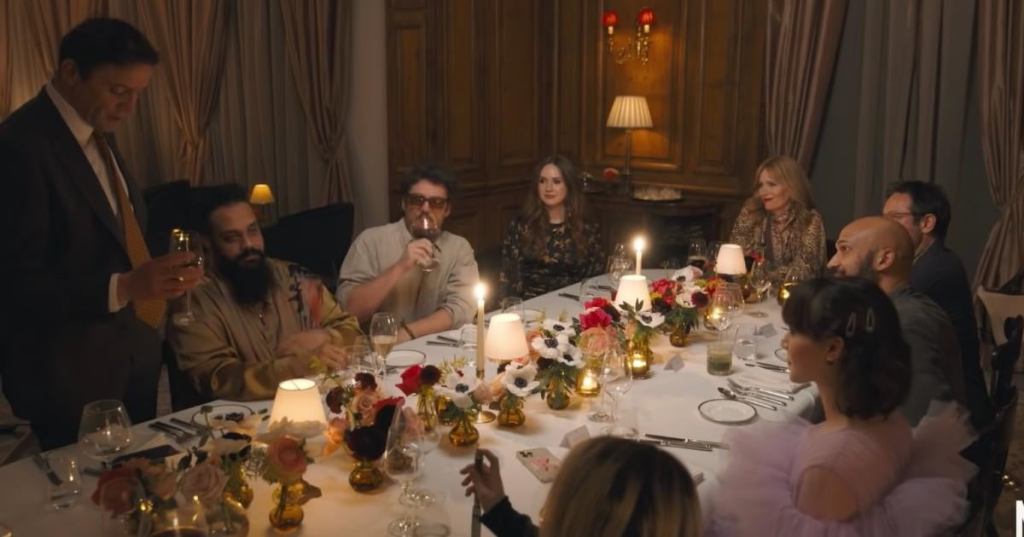
Richard Brody of The New Yorker said The Bubble “is divided against itself. The story and the characters are generic abstractions whose flimsy presence summons the pro who’s at the mercy of the relatively uninspired material.” However, he mentions that “its themes and ideas often feel observed and deeply felt, and they occupy a separate plane—there’s the movie, and there’s what the movie’s getting at,” and says the “aesthetic falls flat but the personal motive, the emotional core, is authentic, pugnacious, derisive.”
“As a result, it’s a movie better recalled than watched,” Brody continues. “The movie itself lacks a central consciousness: there’s no Apatovian character in the mix, no insider who has successfully walked the tightrope of business and art and succeeded at both while feeling it fray beneath his or her feet amid the dominance of Marvel and Disney—and of Netflix, where the movie is playing.”
“Best in its embrace of the random”
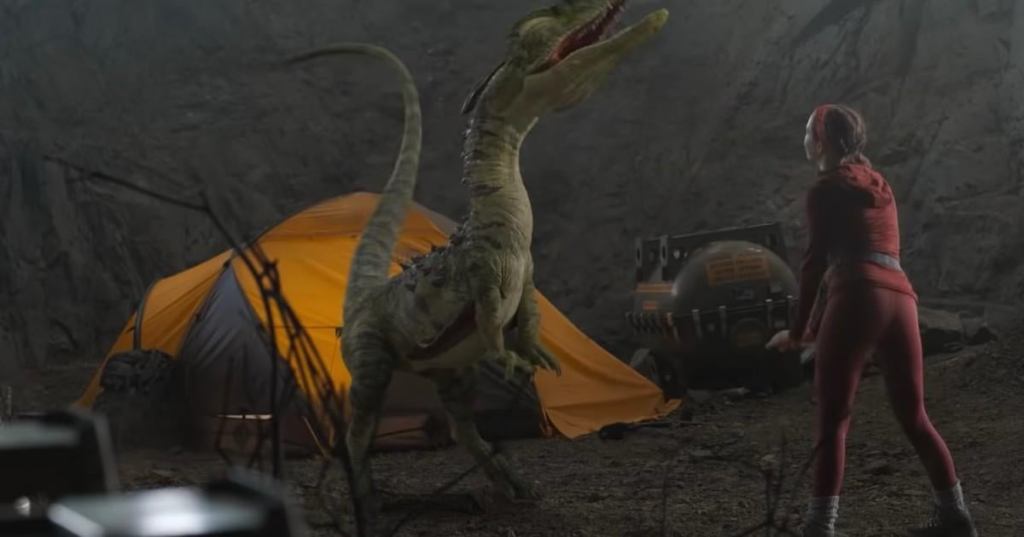
Sheila O’Malley of RogerEbert.com was more towards The Bubble, giving it “3 stars,” saying it had “its moments when the talented and funny cast goof off with each other, responding to one another’s eccentricities.” She also believes that “Apatow’s lampooning of the self-importance of his own industry—’we must get back to work because humanity needs us!’—is also on point.” O’Malley reiterates that when “these characters are onscreen at the same time, it is legitimate chaos, and a lot of fun,” but that “the whole filming aspect doesn’t go over quite as well.”
“Suffers From the Same Issues as Most Apatow Pictures
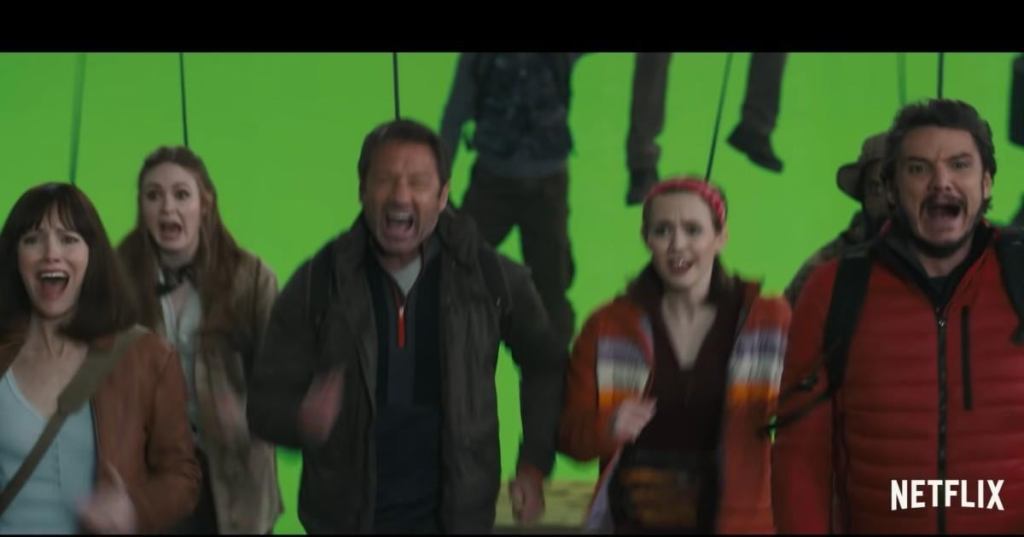
“The Bubble is best when it’s poking and prodding at the silliness of big-budget movie production, and the innate absurdity of films like Jurassic World,” said Clint Worthington of Consequence. He wrote that “this change in approach is refreshing, for a while. Apatow knows how to work with actors, and his airy, improvisational energy works in strangely effective ways in the early stretch, especially considering the unconventional cast he’s assembled.”
However, Worthington criticizes the film for being “too long and aimless, swimming around its critiques of Tinseltown without really nailing a concrete target for its satire.” He also thinks that “The COVID angle, ostensibly its greatest novelty, is actually the film’s curse: jokes about masking, distancing, PPE, and nose swabs have all been done to death by now, so they lose a lot of their presumed luster.”
“It’s Airless”
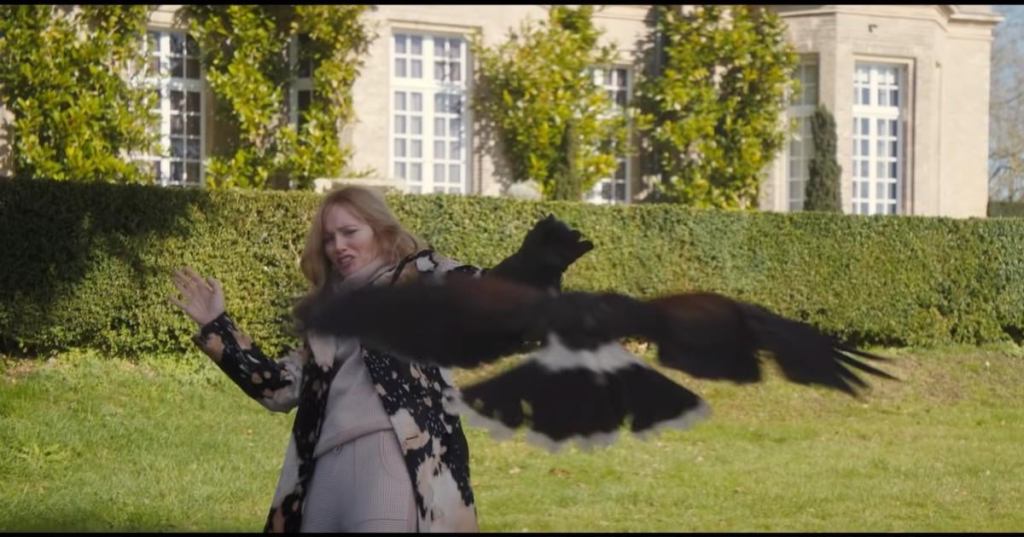
According to Ben Kenigsberg of The New York Times, The Bubble has “elements that have the potential to become running gags — the prospect of forced re-isolation when a crew member tests positive, a rash not of Covid but of the flu, a mysterious security chief (Ross Lee) who uses violence to prevent escapes — either languish or are dropped, as if Apatow simply cut together what he felt were inspired improvisations without regard for flow (or the uncharacteristically cheap-looking visuals).” Kenigsberg also considered the Hollywood satire “safe” and “airless.”
“Like Watching Paint Dry”
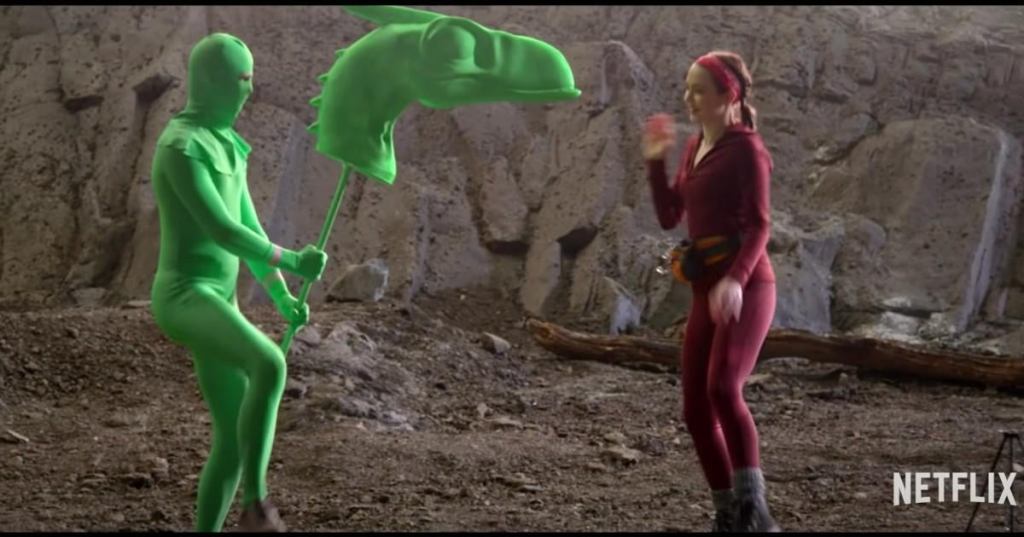
While CNN’s Brian Lowry said The Bubble was a “potentially amusing conceit,” none of its potential “can make this bubble worth entering.” “Apatow serves up some clever lines, but they’re mostly lost in the overall noise and manic tone, Lowry wrote. “While it’s not necessarily too soon for a funny Covid movie, The Bubble labors to achieve a sought-after level of zaniness right up until the ending. ” He also noted that the film “overtly states its unassuming mission, which is to offer people a light distraction in these troubled times.”
‘The Bubble’ Got Here Late
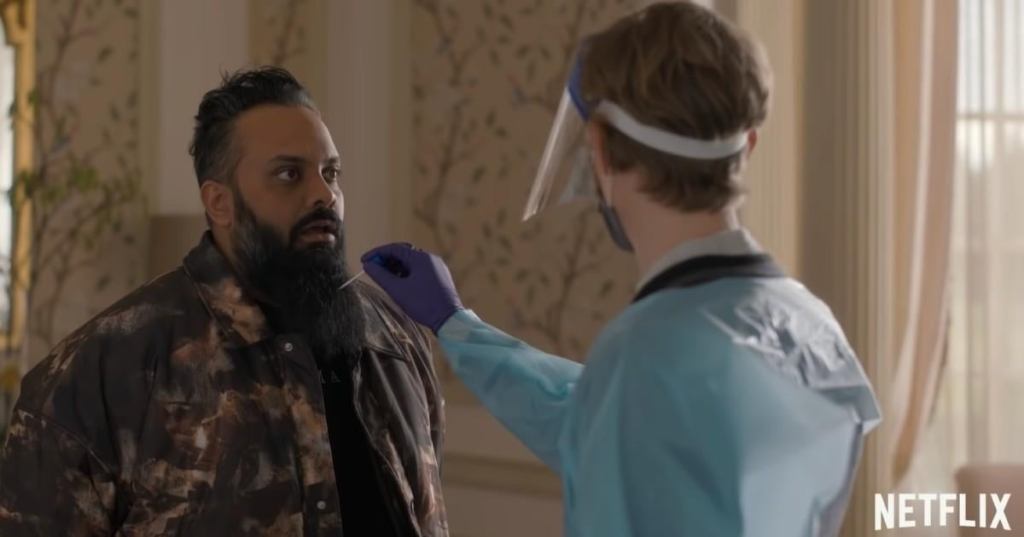
For Peter Debruge of Variety, had “The Bubble come out a year earlier, back when we were all still relatively isolated and looking for something to make us laugh,” it may have been more effective. But as it stands, “many of the jokes serve mostly to remind how irritating and sometimes illogical certain protocols were,” DeBruge wrote. He referred to the film as Apatow’s Tropic Thunder, with more inside jokes and a lot less for mainstream audiences to recognize or relate to.
‘Barely Recognizable as Comedy’
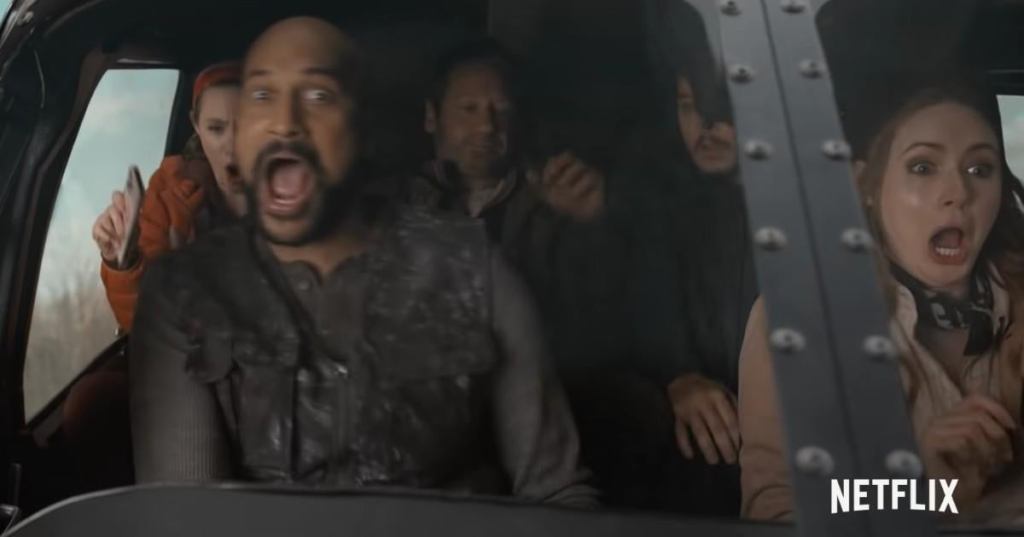
Jessica Kiang of The Los Angeles Times called the “staggeringly unfunny” movie an “unholy mess” weighed down by pointless cameos and gross-out humor. “Which are all necessary to distract from such toothless inside-baseball Hollywood satire, such witless, outdated pandemic observation and the sheer Saharan humor desert that is the dialogue,” she wrote.
Kiang added that “The problems run bone-deep, much like the cringe. The premise, obviously devised in the early stages of lockdown, already feels so dated as to be practically prehistoric.”

